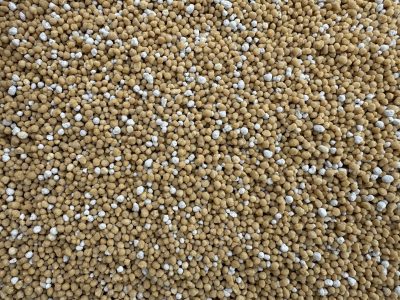$1,367.50/t
DDCROP Brassica contains 90% DAP and 10% Hydroboracite (1% B). DDCROP Brassica is a suitable starter fertiliser for Brassica and other Bulb crops. Brassicas and other bulb crops require Boron to build strong cell walls and avoid Brown Heart Disease. Hydroboracite is a slower releasing Boron source giving more prolonged results.

DAP
Boron
Copyright 2024 Dickie Direct | Terms and Conditions | Website by MRD Web